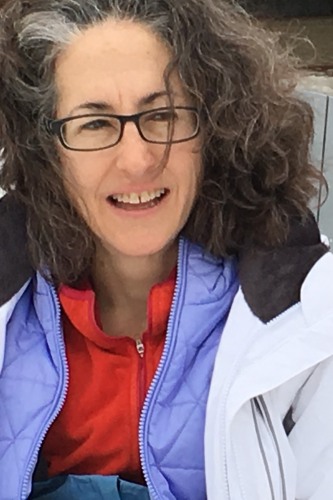
Virginia Krause
Biography
Having worked on idleness, witchcraft, and the rise of the novel, Virginia Krause is interested in the Renaissance’s more opaque pursuits, those undertaken in the shadows. In Idle Pursuits (University of Delaware Press, 2003), for instance, she did not set out to investigate the busy professional reality of the hommes de lettres in France’s Fourth Estate, but rather their investments in an alternative economy of prestige: not what they did (their work), but rather their art of idleness practiced in the shadow of their public lives. Witchcraft, Demonology, and Confession (Cambridge University Press, 2015) examines the methods employed by demonologists, specialists in the early modern “science of demons,” without neglecting the point of view of the “witch” — someone denounced by neighbors and interpellated to speak as a witch in the course of an early modern trial for witchcraft. Her current project, The Rise of the Novel in Early Modern France examines a genre occupying an elusive place in the literary landscape of the time insofar as it fell outside the purview of classical poetics and rhetoric. With no constituted “theory of the novel” in Renaissance France, the early novel emerged in a literary no-man’s land. Forever in the shadow of epic but without the recognition and stature of this most prestigious of genres, the early novel was free to invent itself as it went along, offering new terrain for writers interested in experimental fictions. The early modern period is for her a labyrinth where shifting the gaze away from dominant paradigms opens new paths of inquiry.